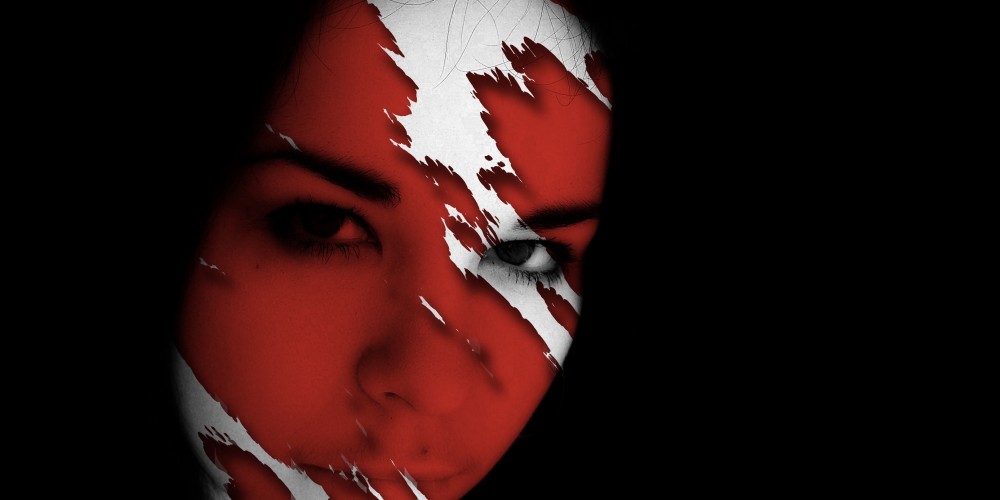Protect your ‘madness’ – it may be your distinction

“You’re only given a little spark of madness. You mustn’t lose it.”
So said Robin Williams, comic genius. I read that recently and found myself nodding, then thinking deeply about it over the days that followed. It is true. You must protect your madness.
Robin Williams led a troubled life and committed suicide in 2014. So why would I ask anyone to protect their madness? If you stop viewing the word ‘madness’ as a clinical condition and see it more as a quirk, a peculiarity, a singularity – then you will see my point. Our idiosyncrasies are our marks of distinction and can lead us towards great work – if we allow them to.
I have my madnesses too. First, I have never fitted well into organised groupings. At school I was a natural loner and often a rebel. I railed against rigid timetables and archaic dress codes. I resisted group activities.
My early years in employment told me I would never fit in there, either. I became a cog in huge machines with great difficulty, squealing and groaning. I found the confines of preset methods and collective thinking too arduous. I found standard working hours and commutes and staff meetings a horrible reality, one to escape from.
Even in my social life I have pretty much never joined a club, participated in organised ritual, or belonged to an institution by choice. And so I am often thought to be distant, antisocial, uncaring, aloof or even snobbish.
A second madness: an obsessive love of words. Words delight me, mesmerise me, traumatise me, in all forms: literature, poetry, speech, lyrics – even signage! I spend more time looking at word choices than is healthy. I get distressed over bad grammar or poor spelling. I am a pain to work with if you’re not similarly inclined. You could call me a pedant or a dogmatist or a hair-splitter, and you would not be far wrong.
So, those are my eccentricities and quirks of personality. Here’s the thing, though: they are also my strengths, because I embraced them and nurtured them – but I also stopped them from turning into full-blown derangements. I may have been an oft-punished malcontent at school, but I did not ever come close to expulsion. I may have raged against the rote learning system I found myself in, but I did not fail my exams. I may have found every day of employment a strain, but I always gave my employer the best I could and learned every single thing I could from the ordeal. I may be a grammar nazi, but I do not look down on people without the same love for vocabulary and syntax. I admire them for their own brands of madness.
And so my madnesses took me, inexorably, on my own path: self-direction and self-employment, and a business centred on words. Because my madnesses were all I had, they had to deliver.
Look around. People who obsess over fine details; who refuse to play by the rules; who are bothered by things others find banal and meaningless; who don’t fit in; who are regarded as odd: these are all outliers. Their madnesses, if managed, will take them to their distinction. That accountant obsessing manically over her numbers is invaluable to business life; that geeky student always in the lab peering down a microscope may one day lead a scientific breakthrough that saves lives.
The catch, though, is that your madness must be managed. Madness that is allowed to run riot most often leads to illness and dysfunction. Madness that is self-centred and harmful to others is self-defeating. Madness that is untrammelled and uncontrolled rarely adds value to the world. It is a problem, not a solution.
To turn into a distinction, your madness must be channeled properly. It should help you help the world you’ve been thrown into, no matter how much it troubles you. It should lead to a high standard of work, a standard that you are willing to teach to others. It should create results in others, not just in yourself. And it should take delight in the constructive madnesses of others.
So be mad, by all means. Embrace your weirdness. But in your quirks look for qualities; in your hangups look for harmonies; from your fixations unearth your contributions to this life. All talents are gifts; and gifts must be turned into greater gifts and returned to the world.
(Sunday Nation, 22 May 2016)

Buy Sunny Bindra's new book
The X in CX
here »
Popular Posts
- Where are you rushing to—your funeral?June 29, 2025
- How to spot a real thinkerJune 15, 2025
- The pause that saves usJune 8, 2025
- Built the app, forgot the flowJune 22, 2025
- The map will appear—once you start walking.July 6, 2025















